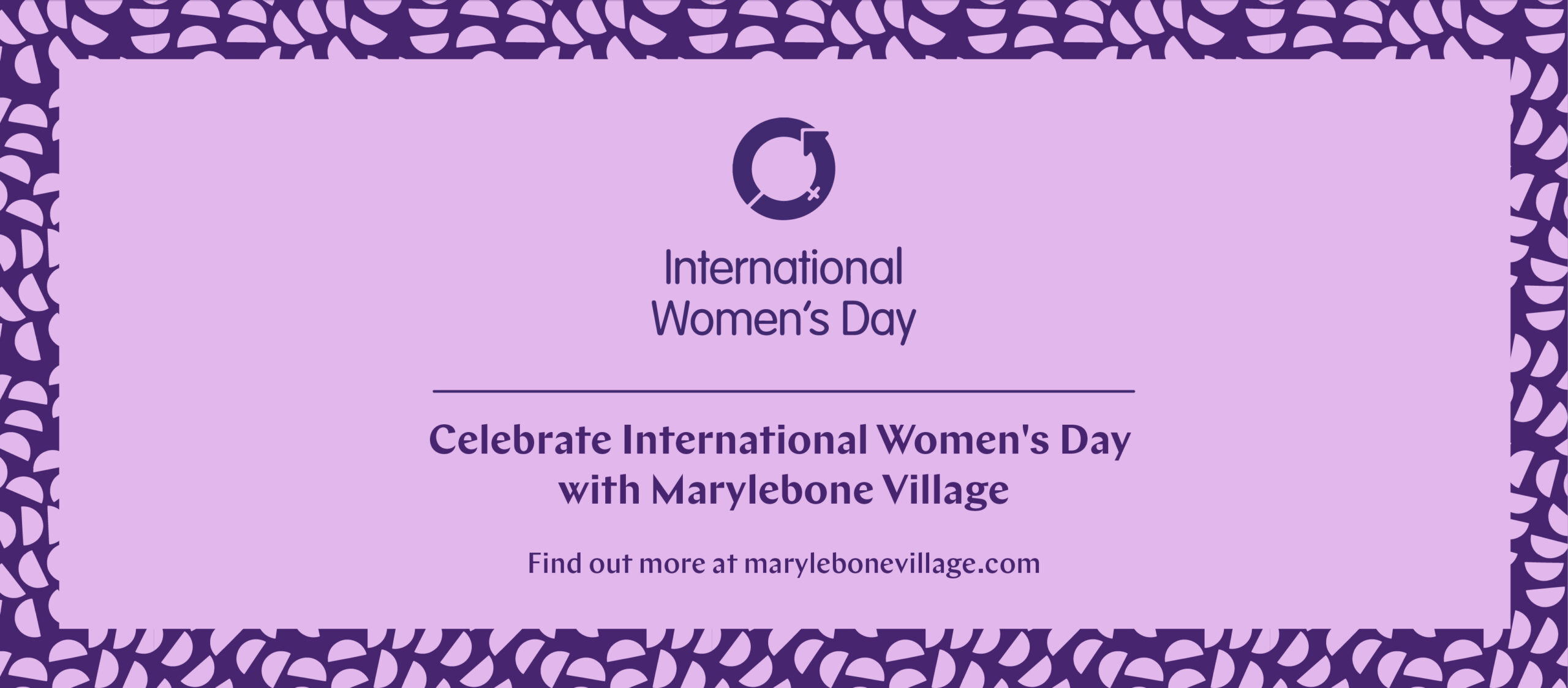Is working from home bad for our mental health?
Does working from home blur the work and home life boundaries?
London-based architect, Seb Kouyoumjian, has started a quiet revolution to help the ‘work from home’ generation find space and separation. Architect and founder of www.bou.london, Seb Kouyoumjian, is leading the slow furniture movement with his micro-batch FOLD hideaway desks. Seb believes you should be able to shut work away at the end of the day and that having work on constant display at home is bad for our mental health.
In recent years, the number of people regularly working from home has more than quadrupled. But for those not fortunate enough to have a separate room for a home office, space is precious.
Protracted searches by Seb for something better yielded large desks that would clutter and dominate the living space particularly when not in use. The alternative compact options were too small to comfortably work from.
Increased pressures to work from home exacerbated the need for a healthy physical separation between work and living, which propelled Seb to solve the problem himself.
Enter Bou London FOLD Maxi and FOLD Mini.

Seb spent 4 years designing and scrutinising each element of the Bou London FOLD desk range.
Bou London’s hideaway desks are handcrafted, made in micro batches in the UK by Bou London’s expert cabinet makers. Designed with a focus on quality, innovation, and aesthetics.
The slow furniture philosophy
In an era dominated by mass production and disposable culture, a quiet revolution is taking place in the world of furniture.
The slow furniture movement is a conscious shift away from fast fashion and disposable products. It embraces quality over quantity, prioritising pieces that are built to endure generations of use. This is a philosophy that extends beyond aesthetics, encompassing sustainability and ethical production practices.
The work from home disconnect.
Seb didn’t want to buy a mass-produced chipboard desk that would take up all his living space, he wanted to have something that was beautiful yet functional, big but small and expertly built to last. Bou London FOLD Desks were born.
Seb says “I started working from home in about 2018 and worked at a rickety old fold-out dining table. Even though my work included designing gorgeous bespoke furniture and kitchens, I was conceiving it from a battered, wobbly piece of furniture. All my work stuff had to be hidden away in the bedroom every time someone came over for dinner. I started to wonder if I could design something for myself.
The very first Bou desk came together slowly, from initial scribbles to a quirky, different-looking fold out desk. The first maker involved was unsure, and our first prototype didn’t match my idea perfectly. My new, imperfect desk did attract a lot of compliments though. And because of it, I suddenly had loads more space.
Seb adds; “Whenever I had friends over it became a talking point. That’s a nice desk. Where did you get it? Can I steal it? My brother Garen, an engineer, wanted one too. I was surprised and flattered by the feedback, but I didn’t think the product was good enough, so we looked at every single component in turn, and made little changes to improve the design.
When the time came for a second build, I didn’t compromise on the process. I worked with the best makers, and played with every part of the design, loving the journey. Now I’m very pleased with the FOLD range we have created”

The handcrafted Bou London FOLD desk is the epitome of slow furniture. Each piece is a labour of love, created by skilled artisans based in the South of England who possess a deep understanding of their craft. Seb has selected the finest materials and pays meticulous attention to detail; every stage of the process is executed with care and precision. The folding elements allow a generous 80 x 135cm of working desk space but folds away to create a 37cm deep cabinet at the end of the day.
“Being able to fold work away at the end of the day has enormous psychological benefits – you really do feel like you’re leaving the office. There aren’t constant reminders of my to do list so I feel better and have more work life balance” Seb concludes.
Find out more > www.bou.london





